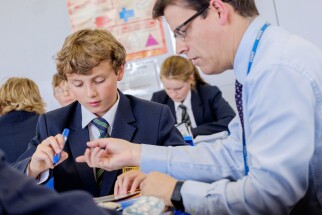Maths
 Staffing List
Staffing List
Mr Roll - Teacher of Mathematics (Head of Maths)
Mr Ledington - Teacher of Mathematics (Second in department)
Mr Roberts - Teacher of Mathematics (Lead Practitioner - Maths)
Mr Alderman - Teacher of Mathematics
Mrs Bilton - Teacher of Mathematics
Mr Cooper - Teacher of Mathematics
Mr Homewood - Teacher of Mathematics
Mrs James - Teacher of Mathematics
Mr Moore - Teacher of Mathematics
Vision Statement:
The mathematics department strives to give students the confidence to acquire and use mathematical skills that will stand them in good stead throughout their lifetime. The department seeks to achieve excellence in the teaching and learning of mathematics, in order for the students to make significant progress, irrespective of their prior attainment in this interesting and varied subject.
As a core subject, studied by all students throughout their time at school, we believe maths is one of the most important and interesting in the curriculum. Wherever you look in the world there is maths and we aim to equip students with the knowledge and, more importantly, the skills to fully participate in our information driven society.
It is our purpose in teaching mathematics, to:
- Encourage confidence, enjoyment and challenge to all students in the learning of mathematics irrespective of prior attainment;
- Provide a curriculum that builds on prior knowledge and consolidates previous work, in order to improve long term recall of key information and processes;
- Develop students’ ability to solve problems in a variety of contexts, building their confidence to tackle unfamiliar problems in new situations;
- Develop an understanding of the language and notation associated with mathematics, enabling them to think mathematically and communicate mathematically in a subject that has extensive real life applications;
- Make students aware of the use of mathematics in everyday life and to build awareness and skills related to financial matters that will be important to them as they develop into young adults.
Further information
For more details, please contact Mr Roll, Head of Mathematics, at: c.roll@testbourne.school


 Testbourne Community School
Testbourne Community School